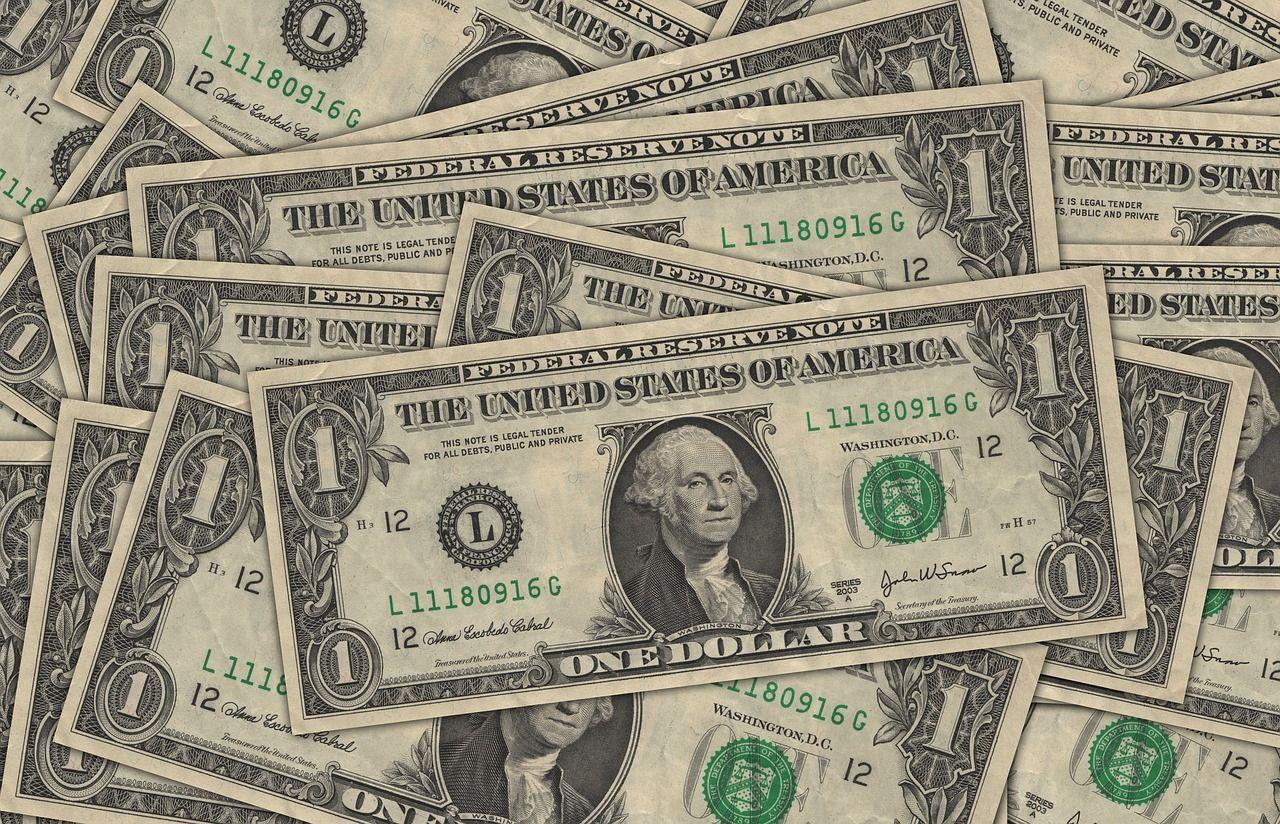US Dollar Index Dips Below 98.50 on Trade Tensions and Fed Dovishness
By tredu.com • 7/21/2025
Tredu

US Dollar Index Falls Below 98.50 on Rising Trade Tensions and Fed Dovish Outlook
DXY Under Pressure as Markets React to Trade Risk
The US Dollar Index (DXY), which measures the strength of the USD against a basket of six major global currencies, has declined to 98.45 in early European trading on Monday. The weakness comes amid mounting concerns over trade tensions and renewed dovish rhetoric from the Federal Reserve (Fed).
Trump Pushes EU Tariff Threats
Market anxiety increased after reports that President Donald Trump is pushing for a 15% to 20% tariff on imports from the European Union (EU), unless a new trade deal is reached. According to Financial Times, this pressure tactic is tied to a looming August 1 deadline, with US Commerce Secretary Howard Lutnick confirming ongoing negotiations but reiterating the tariff risk.
The uncertainty surrounding these tariff threats is dampening risk appetite and weighing on the US Dollar, as investors shift toward safer or less policy-sensitive assets.
Fed Dovishness Adds to Downward Pressure
Comments from Fed Governor Christopher Waller have added further pressure on the dollar. Waller stated that the labor market is beginning to weaken, especially in the private sector, and called for proactive interest rate cuts at the July meeting:
“We should not wait until the labor market weakens before we cut the policy rate.”
Such remarks reinforce market expectations of at least two rate cuts by the Fed this year, beginning as early as September, thereby lowering support for the USD.
Stronger Sentiment Data Offers Only Brief Relief
The University of Michigan (UoM) Consumer Sentiment Index came in better than expected in July’s flash reading, but it offered only limited relief to the DXY, given the broader bearish narrative driven by trade and policy uncertainty.
Key Levels to Watch
- Support: 98.30, 98.00
- Resistance: 98.70, 99.10
Read More on Tredu.com:

How to Trade Like a Pro
Unlock the secrets of professional trading with our comprehensive guide. Discover proven strategies, risk management techniques, and market insights that will help you navigate the financial markets confidently and successfully.


